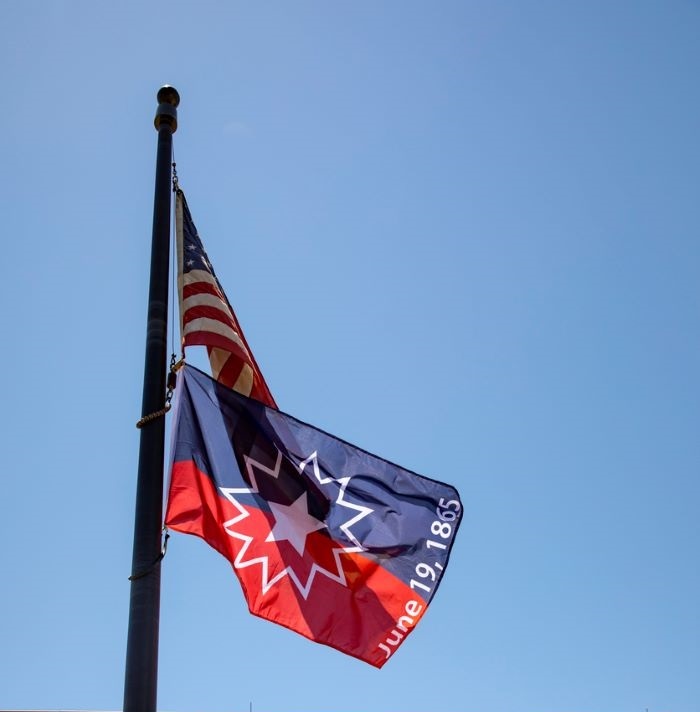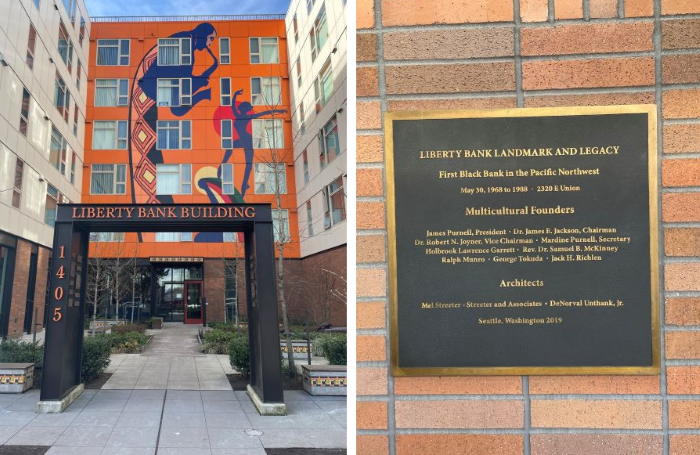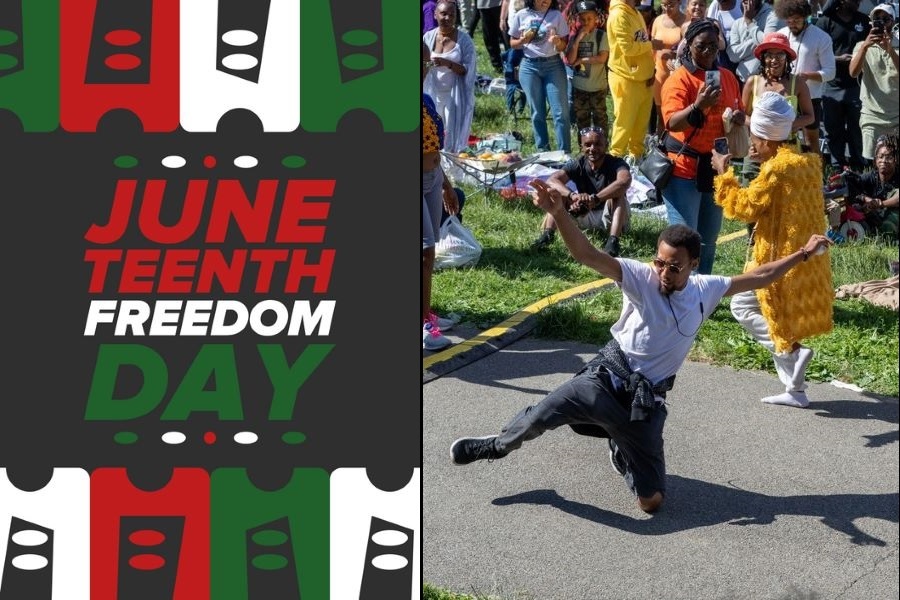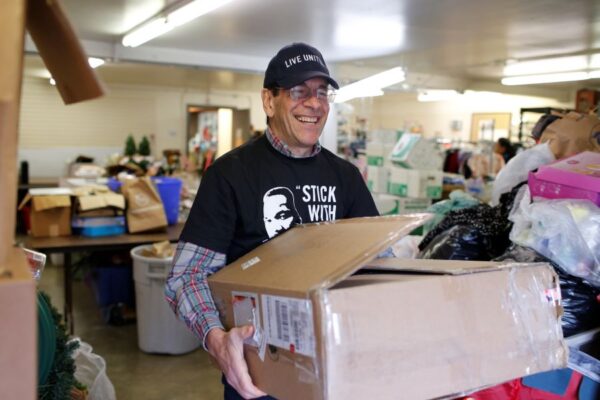United Way’s True or False Quiz: Juneteenth Edition
How much do you know about Juneteenth, the national holiday that commemorates the ending of slavery in the United States? As we look to the June 19 holiday, United Way of King County commemorates Juneteenth and the freedom it represents for all people. We would like to test your knowledge with a True or False Quiz. See how many you answer correctly.
True or False: Juneteenth marked the official end of slavery in the United States.
Answer: False. On June 19, 1865—two and a half years after the Emancipation Proclamation—Union soldiers visited Texas and spread news that the Civil War was over and that slavery had ended throughout the Confederate South. Most non-Confederate states had abolished slavery by using their own laws—the exceptions being Delaware and Kentucky, which reportedly didn’t end slavery until the ratification of the 13th Amendment on Dec. 6, 1865. Even then, slavery did not officially end until slaveholding Indigenous reservations abolished the practice by negotiating a treaty with the U.S. government in 1866, according to the National Archives.
True or False: About a quarter million slaves in Galveston were made free with the news on June 19, 1865.
Answer: True. According to Texas A&M University Galveston, some of the sites where the proclamation was shared by about 1,800 federal troops are still standing.
True or False: President Abraham Lincoln’s Emancipation Proclamation that freed the slaves was done in part to keep the Confederacy from gaining the upper hand in the Civil War.
Answer: True. According to the National Archives, in freeing the slaves Lincoln sought to keep England and France from giving political recognition and military aid to the Confederacy. Lincoln also hoped that freed Black men would take up arms for the Union in battle, and the strategy worked. According to the National Archives, nearly 200,000 Black soldiers and sailors fought for the Union by the end of the war.

True or False: The original General Order No. 3 regarding emancipation that was read to the people of Galveston not only informed slaves that they were free but encouraged them to celebrate their newfound freedom.
Answer: False. In fact, according to a report from the University of Colorado Denver, the original order included a caveat that read, “The freedmen are advised to remain quietly at their present homes and work for wages. They are informed that they will not be allowed to collect at military posts and that they will not be supported in idleness either there or elsewhere.” Incensed former slaveholders, who reportedly sought to keep slaves in bondage at least through the next harvest, sought to squash freedom celebrations. According to Governing.com, they passed laws prohibiting commemorations in state parks and other public spaces.
True or False: Every state commemorates Juneteenth as a paid holiday for government workers.
Answer: False. While Juneteenth is recognized nationwide, only about half of U.S. states—as well as the District of Columbia—grant government workers paid time off for the holiday. Washington state does but, according to Pew Research, those who do not include California, Alaska, Hawaii, the Carolinas, Florida, Pennsylvania and Vermont.
True or False: Juneteenth is also the title of a novel by Ralph Ellison.
Answer: True. The author, who won the 1953 National Book Award for “Invisible Man,” reportedly began writing Juneteenth in 1955, but the original, unpublished manuscript was destroyed by fire more than a decade later, according to Encyclopedia.com. Juneteenth was published posthumously in 1999—five years after Ellison’s death.
True or False: Juneteenth is celebrated locally by United Way of King County partners.
Answer: True! Africatown Community Land Trust is hosting a Juneteenth celebration at Jimi Hendrix Park on June 19 from noon to 8 p.m. According to its website, Africatown says of Juneteenth: “We recognize this day, just as others that tend to receive temporary limelight in this country, as one that gives us focused opportunity to contemplate how we may continue to honor the contributions and sacrifices of our ancestors. We honor their tireless fight for freedom and are grateful for the paths they have paved that have allowed for the progress we have made today. We are thankful for these sacrifices and contributions each and every day.”

Africatown is a member of the Black Community Building Collective, a coalition of 15 Black-led organizations brought together by United Way of King County to build relationships, form strategies and implement those strategies with United Way funding.




Comments